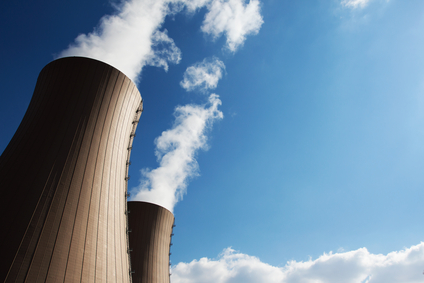
For years, the U.S. government has warned federal and state agencies about the threat posed by hackers who may target computer systems responsible for operating nuclear plants, electric substations, oil and gas pipelines, transit systems, chemical facilities, and drinking water facilities. In February 2013, President Barack Obama issued a directive stating, ?It is the policy of the United States to strengthen the security and resilience of its critical infrastructure against both physical and cyber threats.? Two years later the federal government has yet to develop or adopt a consensus on how to secure America?s critical infrastructure from cyber criminals.
While recent cyberattacks against Sony Pictures, Target, JPMorgan Chase, and Home Depot have brought to light some of the private sector?s cyber vulnerabilities, an NBC Bay Area investigation raises questions about the security of the nation?s critical infrastructure.
For years, the U.S. government has warned federal and state agencies about the threat posed by hackers who may target computer systems responsible for operating nuclear plants, electric substations, oil and gas pipelines, transit systems, chemical facilities, and drinking water facilities.
?It?s those systems, that if we lose them, it?s going to have a serious impact on our way of life,? said Perry Pederson, former director of the Control Systems Security Program at DHS.
In 1998 President Bill Clinton issued a directive warning about the dangers of potential cyberattacks.
?I intend that the United States will take all necessary measures to swiftly eliminate any significant vulnerability to both physical and cyber-attacks on our critical infrastructures, including especially our cyber systems,? read the memo.
NBC News reports that since then, the Environmental Protection Agency (EPA) and the National Transportation Safety Board (NTSB) have warned about vulnerabilities in computer systems which control drinking water and gas pipelines.
In February 2013 President Barack Obama followed Clinton when he issued a directive stating, ?It is the policy of the United States to strengthen the security and resilience of its critical infrastructure against both physical and cyber threats.?
Two years later the federal government has yet to develop or adopt a consensus on how to secure America?s critical infrastructure from cyber criminals.
The previous Congress failed to move on legislation introduced by Senator Dianne Feinstein (D-California) which would have allowed private companies to share information relating to cyberattacks with government agencies via DHS.
Source: homelandsecuritynewswire.com
